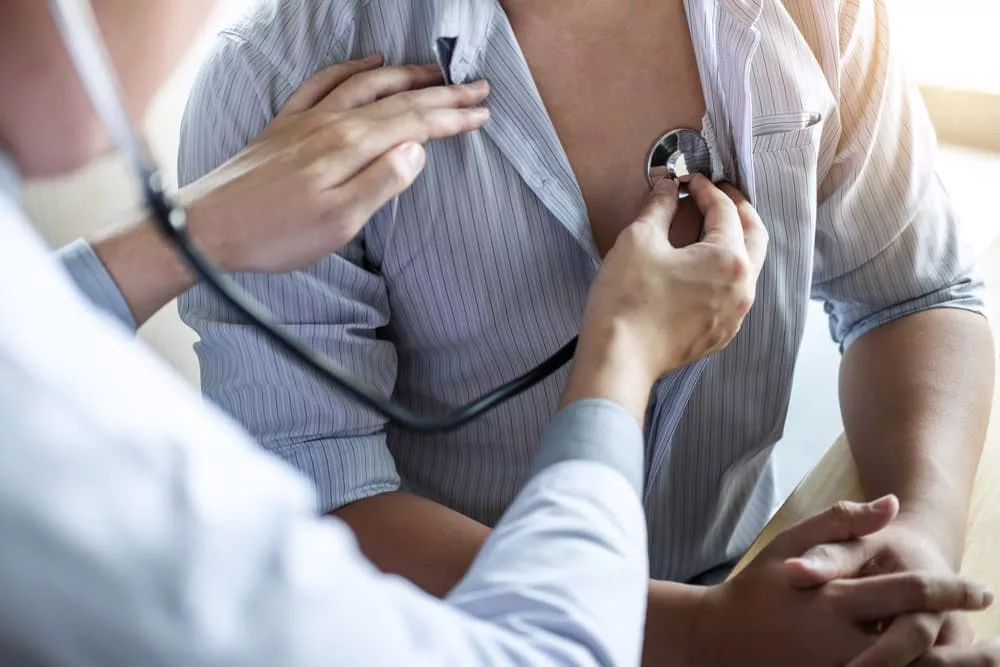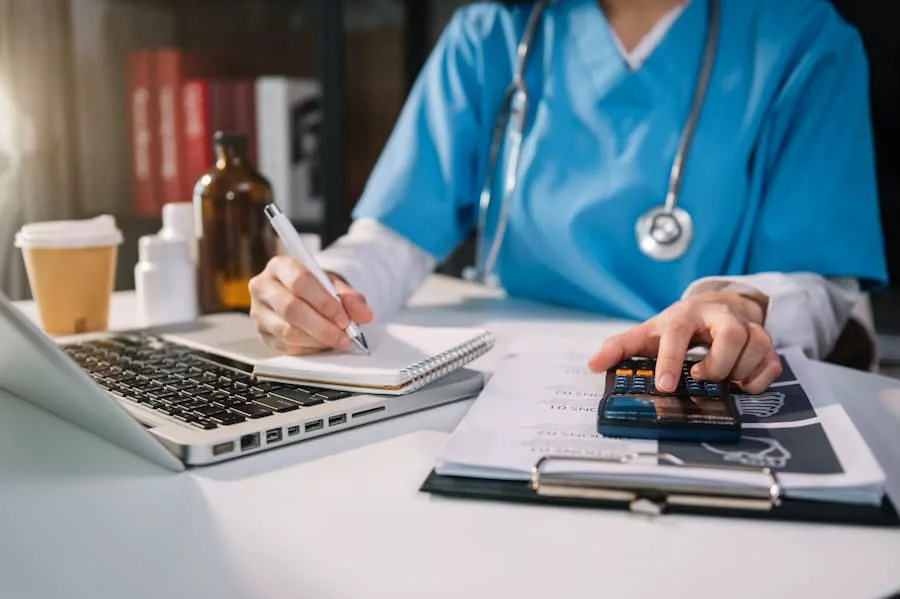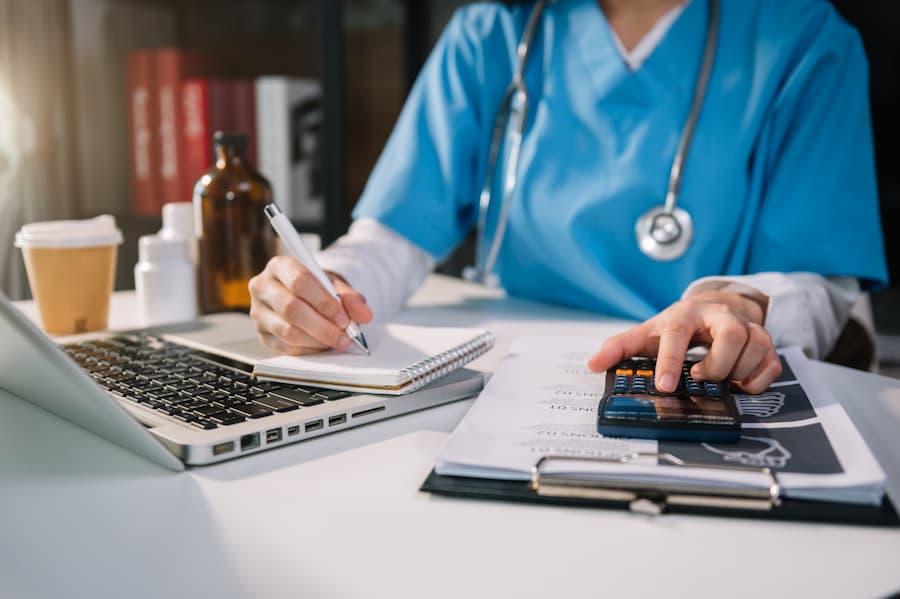Who Pays Medical Bills in a Car Accident?
If you got hurt in a Miami car accident through no fault of your own, you might be dealing with mounting medical expenses and wondering how you’ll keep the lights on while you’re still too hurt to work. You shouldn’t have to bear the financial burden of the accident alone, but who else can you rely on to pay your bills?
The good news is that a car accident claim can provide the money you need to cover your medical bills, make up for lost wages, and more. But before you can claim that compensation, you will need to determine who is responsible for paying the costs of your injuries. Your insurance company, the at-fault driver, or their insurance company could be responsible for paying your crash-related expenses. Reach out to a Miami car accident lawyer.
There’s a process for getting the money you need to cover your injuries after a Florida car accident. Who pays for your medical bills in different accident scenarios can be difficult for a non-lawyer to untangle, and the legal process can seem incomprehensible. Having some information about recovering money for medical bills after a car accident can help you get what you deserve after an accident.
How Florida’s No-Fault Insurance System Works
If you sustain injuries in a Miami car accident, you should understand how Florida’s no-fault auto insurance system works. Every car registered in Florida must have insurance that includes at least $10,000 in personal injury protection (PIP) coverage, which covers limited amounts of medical costs and lost wages after an accident, regardless of who caused the crash. Some drivers choose to carry more than the $10,000 minimum since the cost of a serious crash injury can easily exceed this amount.
The primary benefit of PIP insurance is that it provides quick coverage for the medical expenses from your injuries after an accident. Your PIP policy should pay for up to 80 percent of your medical bills and up to 60 percent of any wage losses you incur due to the accident. However, PIP insurance does not cover losses beyond your crash injuries, such as the subjective costs of pain and suffering or the potential costs of lost earning capacity.
The key drawbacks to the no-fault system are that you might not be able to get full coverage for your losses from your own insurer and that it’s harder to hold other drivers accountable for wrongful behavior. However, Florida’s no-fault laws allow you to file a third-party claim seeking additional compensation from an at-fault driver under specific circumstances.
Who Might You Hold at Fault for a Florida Car Accident?
Depending on the situation, one or several parties could be at fault for a Florida car accident, including:
- The other driver. The other driver could be at fault for an accident if their negligent, reckless, or malicious behavior contributed to the wreck. Drivers who are inattentive, under the influence, or careless are often at fault for accidents.
- Another road user. Another road user, such as a pedestrian or cyclist, could be at fault for an accident if they somehow contributed to the wreck. For instance, a pedestrian could be at fault for darting into traffic and prompting a driver to swerve into another vehicle.
- A manufacturer. A manufacturer could be at fault for a car accident if it designs a defective product that contributes to a crash, such as a faulty brake system that fails in transit and causes a driver to lose control of the vehicle.
- A government entity. A government entity could be at fault for an accident if a government employee causes a wreck while driving or poor local road maintenance contributes to an accident.
It’s worth noting that a party is not necessarily responsible for paying your medical bills just because they are at fault for an accident. For instance, if a reckless teen driver causes an injury accident, the teen might be at fault for the wreck, but their parents would likely be responsible for the financial consequences.
When Your Auto Insurance Company Pays
Assuming you carry the minimum amount of PIP insurance that Florida requires by law, your auto insurance provider should pay for your medical expenses according to the terms of your policy agreement after any car accident. The entire point of a no-fault insurance system is to reduce the burden on insurance companies and courts by providing injured motorists with a certain measure of guaranteed protection.
However, there are certain circumstances in which your insurance provider might deny its responsibility to cover your medical bills after a wreck, such as those involving:
- Suspected fraud. If your provider suspects a claim is fraudulent, it might refuse to cover any medical expenses in the claim.
- Non-crash-related injuries. Your insurance provider might refuse to cover injuries it claims you did not suffer in the crash, such as medical care for pre-existing conditions.
- Missed deadlines. Your provider might deny your PIP claim if you fail to seek medical treatment within 14 days of the accident, as Florida law requires.
- Unnecessary treatments. Your insurer won’t cover treatments that your doctor or insurer considers unnecessary.
- Excluded treatments. If you elect to get a treatment that your insurance policy expressly excludes, such as acupuncture or chiropractic care, your policy definitely will not cover it.
Reviewing your PIP insurance policy with a knowledgeable lawyer after a car accident is a good idea, so you know what it will or won’t cover. If you have questions or concerns about your PIP insurance coverage, your attorney can provide clarification.
When Your Health Insurance Company Pays
For many people, health insurance is an integral part of their financial safety net after an accident. So, if you have health insurance, it’s only natural to wonder when you can rely on your health insurance provider for coverage.
In the context of a car accident case, health insurance is usually a type of secondary coverage. Secondary sources of insurance coverage kick in after you exhaust your primary source of coverage, which should be your auto insurance policy in the event of a car accident. So, your health insurance company will only pay for your medical bills after an accident if you have already reached the limits of your auto insurance policy.
When the Other Driver’s Insurance Pays
Because Florida follows a no-fault insurance system, the other driver’s insurance company will only pay for your medical bills after an accident in limited circumstances. You can only file a third-party injury claim with another driver’s insurance company if you suffer a severe injury due to the accident.
Florida law defines a severe injury as an injury that results in:
- A significant and permanent loss of an important bodily function
- A likely permanent injury aside from scarring or disfigurement
- Significant and permanent scarring or bodily disfigurement
When you demand compensation from the other driver’s insurance company, you must provide detailed evidence of your injuries. A personal injury lawyer might present evidence like medical bills, doctor’s notes, diagnostic test results, and other documentation of crash-related injuries and treatments to prove a severe injury for a third-party injury claim.
When Other Parties Pay
In some cases, you can hold other parties who were not involved in the accident financially responsible or liable for your medical expenses, such as:
- Parents or guardians. You can hold Florida parents and guardians responsible for their children’s behavior, including when children operate and crash vehicles belonging to their parents or guardians. A parent or guardian might have to pay your medical expenses if their minor child was driving their vehicle and caused an accident that injured you.
- Employers. Florida employers are responsible for their employees’ behavior when they engage in work-related duties or drive vehicles belonging to the employer. An employer might have to pay for your medical expenses if its employee harms you in a crash or if you get hurt in a work-related car accident as an employee.
- Alcohol vendors. Alcohol vendors, such as bars and restaurants, and social hosts who serve alcohol to guests are sometimes liable for injuries that drunk patrons or guests cause. An alcohol vendor would only be responsible for paying your medical bills after an accident if they knowingly served alcohol to a minor or a person who is obviously intoxicated or addicted to alcohol.
How Much Money Can You Get for a Car Accident Claim?
The amount of money you can get for a car accident claim varies depending on the situation. Relevant factors could include the severity of your crash injuries, the cost of your medical care, and how long your injuries affect your ability to work. The amount of compensation you can recover in your claim can also change based on the available payment sources, such as your PIP coverage, the other driver’s insurance, and other sources.
While there are limits to how much money you can get from a PIP claim, you could seek compensation for the remainder of your crash-related losses when you file a third-party insurance claim or personal injury lawsuit.
With a successful third-party claim or lawsuit, you could demand money for:
- Hospital bills and other medical expenses you incur due to the accident
- Incidental costs, such as out-of-pocket travel costs for medical appointments
- The value of wage losses you incur due to time you miss at work after the wreck
- The potential value of losses in lifetime earning capacity from permanent injuries
- The subjective costs of crash-related pain, suffering, and reduced quality of life
Steps to Take After a Car Accident
The first thing you should do after any car accident is to take care of your health. If you didn’t receive emergency medical care right after the crash, you should go to the doctor as soon as possible. A medical professional can diagnose your injuries, provide the treatment you need, and document everything in your medical records.
Once your condition stabilizes, protect your well-being and legal rights after a car accident and:
- Follow the treatment plan your doctor recommends
- Attend all follow-up medical appointments as necessary
- Document the details of your recovery in a pain journal
- Gather evidence from the crash scene, such as photos
- Ask the other driver for their contact and insurance details
- Talk to eyewitnesses and politely ask them for statements
- Hang on to medical bills and other crash-related documentation
- Watch what you say to the insurance company about the crash
- Avoid sharing information or photos online until you settle your claim, or your trial is over
- Contact a trusted attorney before you speak to anyone else
How Long Do You Have to File a Crash Injury Lawsuit?
If you have grounds for a personal injury lawsuit after a Florida car accident, you should know that state law gives you just four years from the date of the accident to sue. Four years might seem like plenty of time, but that time could go by quickly when you factor in how long it often takes to heal from crash injuries, find a good injury lawyer, and prepare a strong lawsuit.
If you try to sue after the four-year deadline expires, the court will almost certainly dismiss your case, effectively ending your right to seek compensation for your injuries. That’s why getting help from a knowledgeable Florida attorney as soon as possible after a car accident is essential.
How Can a Car Accident Injury Lawyer Can Help You?

In addition to managing important legal deadlines on your behalf, a car accident lawyer can:
- Explain your rights and identifying sources of coverage for your injuries
- Conduct an independent investigation into the car accident
- Gather medical records, crash reports, and other evidence for your case
- Interview eyewitnesses and experts, such as crash reconstructionists
- Communicate and negotiate with the insurance company on your behalf
- Take your case to court and represent you at trial if necessary
Were you hurt in a car accident someone else caused? Then contact a lawyer for help pursuing the compensation the other person owes you. Reach out to a Miami personal injury lawyer.
Related articles
Related articles Related articles Related articles Related articles Related articles Related articles Related articles Related articles Related articles Related articles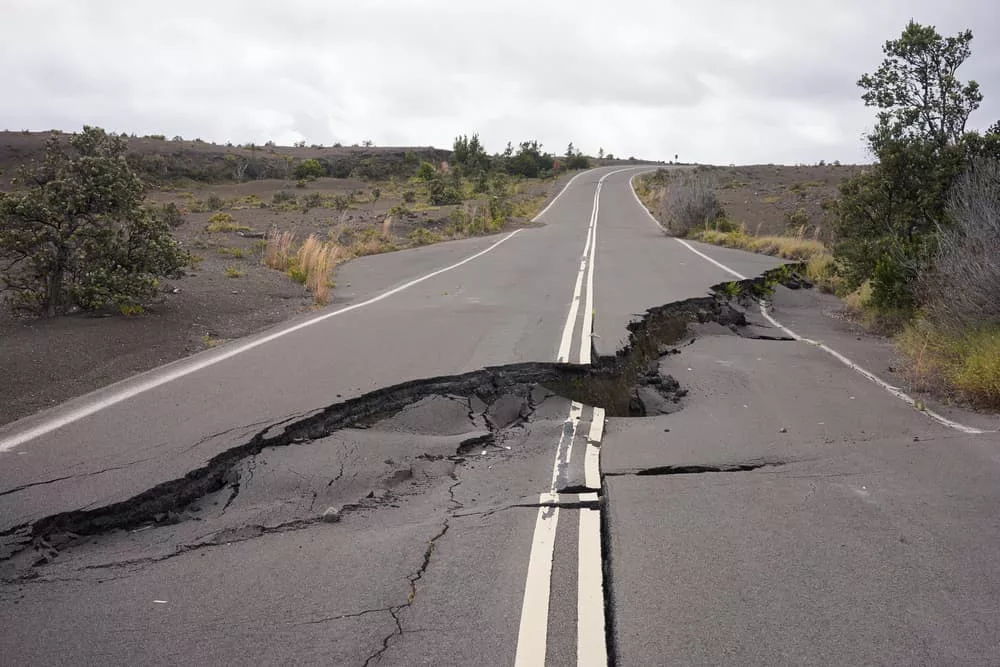
Car Accident
18 Jan 2024
Who Is Liable if a Road Hazard Causes a Car Accident?
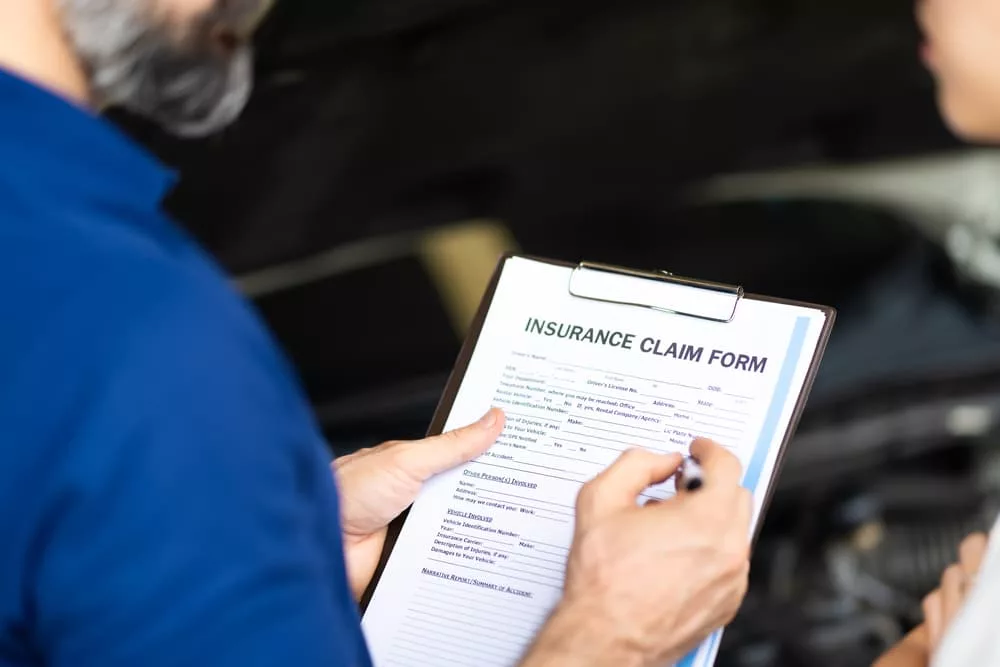
Car Accident
16 Jan 2024
How to File a Car Accident Claim as a Passenger
